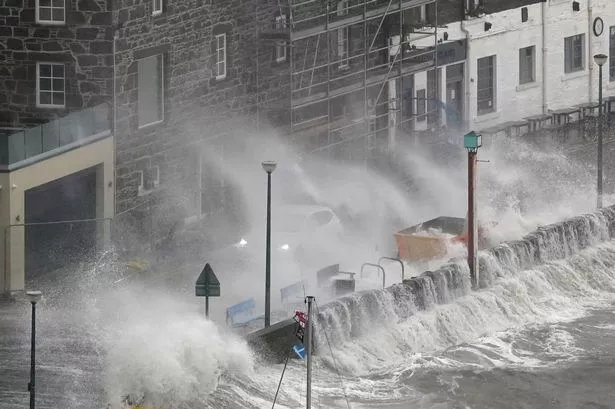Scotland’s Climate Crisis: Urgent Action Needed Now
Scotland is facing a dire environmental emergency. Scotland’s climate crisis is escalating faster than expected, bringing devastating consequences for communities, wildlife, and the economy. Without swift intervention, extreme weather, rising sea levels, and habitat destruction could become the new normal.
The Harsh Reality of Scotland’s Climate Crisis
The latest reports paint a grim picture. With increasing temperatures, unpredictable weather, and more frequent flooding, Scotland is in the eye of the storm. Scientists warn that immediate action is required to mitigate the worst impacts.
Extreme Weather Events Are Becoming More Common
In recent years, Scotland has experienced unprecedented storms, intense rainfall, and prolonged droughts. These changes disrupt daily life, damage infrastructure, and threaten livelihoods. The UK Met Office has reported significant shifts in weather patterns due to climate change.
Rising Sea Levels Are a Looming Threat
Coastal communities are at major risk. Rising sea levels threaten homes, businesses, and historic landmarks. Without adequate coastal defenses, large parts of Scotland’s shoreline could be submerged within decades. According to the U.S. National Climate Assessment, the global rise in sea levels is accelerating due to melting polar ice caps.
Who Is Responsible for Scotland’s Climate Crisis?
While many factors contribute to the crisis, human activity remains the dominant force. Industrial emissions, deforestation, and unsustainable practices have pushed Scotland to the brink.
Fossil Fuel Dependency
Scotland has made strides in renewable energy, yet fossil fuels still play a major role. Oil and gas extraction in the North Sea continue to be significant sources of carbon emissions. The transition to clean energy must accelerate to curb further damage.
Deforestation and Land Misuse
Forests act as natural carbon sinks, absorbing large amounts of CO₂. However, deforestation and unsustainable agriculture have weakened Scotland’s ability to offset emissions. Reforestation and responsible land management are key to reversing this trend.
The Path Forward: What Needs to Happen Now?
To combat Scotland’s climate crisis, drastic and immediate action is needed at all levels—government, business, and individual responsibility.
Government Policies Must Be Stronger
Strong legislation is vital to hold industries accountable and push for greener alternatives. The Scottish government must implement stricter carbon reduction targets and invest in sustainable infrastructure.
Investment in Renewable Energy
Scotland is rich in natural resources like wind and tidal power. By further developing renewable energy projects, the country can reduce its dependence on fossil fuels while creating jobs and economic growth.
Individuals Must Take Action
Small changes in daily habits can lead to significant impacts. Reducing waste, supporting sustainable brands, using public transport, and conserving energy all contribute to tackling climate change.
Hope on the Horizon
Despite the challenges, there is hope. Scotland’s commitment to cutting carbon emissions and increasing renewable energy investment is setting a global example. But the time for action is now. Every decision, every policy, and every effort counts.
Stay informed and take action to protect our planet. For more insights on global climate issues, visit Zex News.
“`





